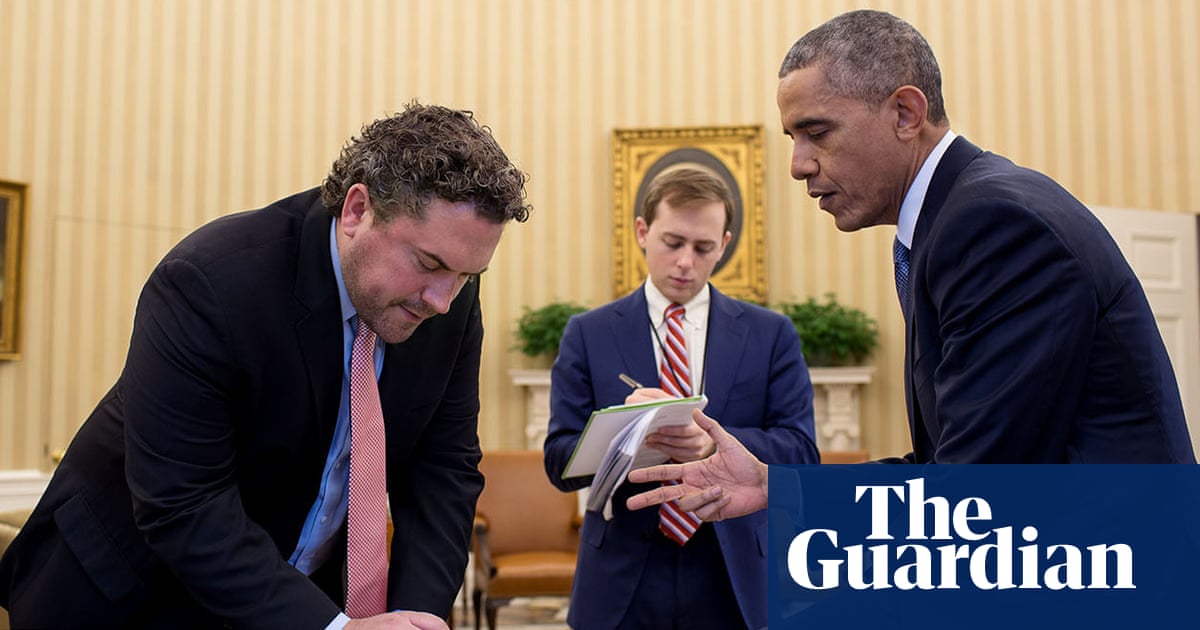Cans and bottles of beer, wine and spirits should explicitly warn drinkers that alcohol causes cancer, an unprecedented alliance of doctors, charities and public experts have said.
Warning labels would tackle “shockingly low” public awareness in the UK that alcohol is proven to cause seven forms of cancer and 17,000 cases a year of the disease, they claim.
Dozens of medical and health organisations have written to Keir Starmer urging him to take the radical step of compelling alcohol producers to include such warnings in order to improve public health. The labels must be “bold and unambiguous”, said the World Cancer Research Fund (WCRF), which coordinated the letter.
“The evidence is clear: health labelling on alcoholic drinks is urgently needed in the UK to help save lives,” it said. “They should carry strong, clear messages about the health risks, which include the risk of cancer, far beyond vague advice like ‘consume in moderation’.”
Kate Oldridge-Turner, the WCRF’s head of policy and public affairs, said: “Providing alcohol warning labels would empower millions to make informed choices by clearly understanding the risks.”
Evidence cited by charities such as the WCRF and Cancer Research UK shows that alcohol increases the risk of breast, bowel, stomach, head, neck, liver and mouth cancer.
Ireland is to become the first country in the world to include cancer warning labels on alcoholic products. From next May, alcohol sold in the republic will have to carry a warning that “there is a direct link between alcohol and fatal cancers”. The labels will also warn that drinking can cause liver disease and affect foetuses.
Prof Sir Ian Gilmore, the chair of the Alcohol Health Alliance, urged the UK to follow suit. He said: “We must look to the fearless work of our neighbours in Ireland whose new labelling policy provides a level playing field for all producers, leaving no room for loopholes or hiding information behind QR codes or tiny print.
“Improved alcohol labelling, including clear health warnings about the link to cancer, is not just a public health measure, it’s a fundamental consumer right. People deserve to know the risks so they can make informed choices about their health. But current labels and weak regulations are keeping drinkers in the dark.”
The drinks industry dismissed the call and said warnings would make drinkers anxious.
A spokesperson for the Portman Group, a drinks industry-funded body that oversees alcohol labelling in the UK, said: “Whilst we do not dispute the link between alcohol and certain cancers, and that drinking at harmful levels is dangerous and increases risks, blanket cancer warning labels are not a proportionate policy measure and do not put the risks into an appropriate context.
“This can create unnecessary anxiety, eroding trust in health advice and alienating the very people who require support.”
The spokesperson said most alcohol products already included advice from the chief medical officers of the UK’s four home nations to drink no more than 14 units of alcohol a week. “Most people already drink within this guidance, which means their risks for associated diseases are low”, they said.
In February, the World Health Organization’s European office declared: “Clear and prominent health warning labels on alcohol, which include a specific cancer warning, are a cornerstone of the right to health.”
In a report, it urged governments to introduce them to help reduce alcohol-related harm and raise awareness of the link between drinking and cancer.
Dr Gauden Galea, a WHO adviser, said in the report that policymakers should “resist all the pressure that will inevitably come from commercial actors” who claim such warnings do not work.
In January, Vivek Murthy, the US surgeon general under the then president, Joe Biden, said cancer warning labels were needed because drinking led to about 100,000 cancer diagnoses a year in the US. It was the third most common preventable cause of cancer after tobacco and obesity, he added.
A Department of Health and Social Care spokesperson said: “Drinking alcohol increases the risk of a range of health issues, including several cancers. That is why we recommend people drink within the UK chief medical officer’s alcohol guidelines of fewer than 14 units a week, and strongly recommend these are displayed clearly on all alcohol products.
“We recognise the need for more action on the impact of alcohol on health; for too long there has been an unwillingness to lead on this issue. Our plan for change will shift healthcare towards prevention, including through early intervention, to support people to live longer, healthier lives across the UK.”

 7 hours ago
4
7 hours ago
4

















































